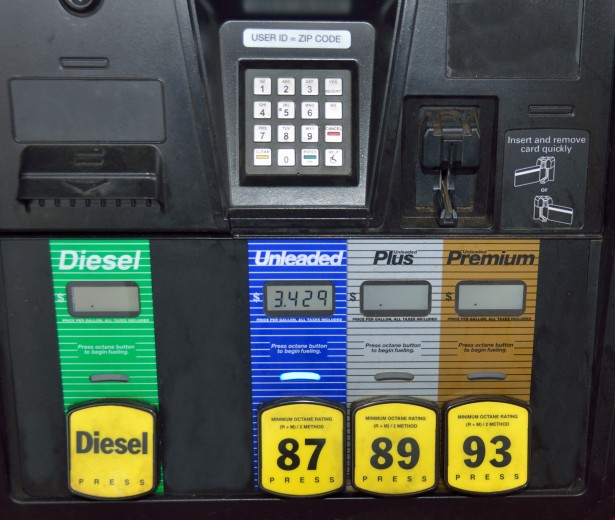
Public Domain Pictures
Average petrol prices in the US reached $2.985 a gallon (about 58.4 rbl per litre) on 11 May, according to data from the National Automobile Association (AAA). This is just three cents less than the high recorded in November 2014. Prices rose about 2.4 per cent for the week amid a shutdown of the major Colonial Pipeline due to a hacking attack.
Colonial Pipeline supplies about 45% of gasoline and diesel to the US East Coast from refineries located in the Gulf of Mexico. The supply disruption on 7 May left fuel stations in South Carolina, North Carolina and Virginia in the most difficult position, while northeastern states - Maryland, Delaware, Pennsylvania and New Jersey - can be supplied relatively easily with offshore shipments of fuel. Bloomberg, citing GasBuddy, noted that about 7% of gas stations in Virginia are no longer selling gasoline.
Airlines, for their part, are preparing for potential supply disruptions. American Airlines has announced that it will introduce refueling stops on two long-haul flights from Charlotte, North Carolina: in Dallas for flights to Hawaii, and in Boston for a flight to London.
Meanwhile, US authorities are preparing to hastily suspend the Jones Act, which bans cabotage by foreign-flagged vessels. By doing so, the government hopes to attract foreign tankers to transport fuel from the Gulf of Mexico to East Coast ports.
The operator of Colonial Pipeline has already said it intends to resume shipments through the pipeline by the end of the week. US Secretary of Energy Jennifer Granholm said on 11 May that a start date for shipments would be announced on 13 May. Exact problem is not entirely clear. It is known that hackers from DarkSide have encrypted a significant amount of the pipeline operator's commercial data and are demanding a ransom for its decryption. However, the operator claims to retain operational control of the pipeline.
The impact this incident will have on the overall US market balance of petroleum products is directly related to pipeline downtime. Platts Analytics estimates that an eight-day shutdown would bring US petroleum product inventories down to a five-year low of 52.4 million barrels, which was recorded in October 2017.
source: bloomberg.com
Colonial Pipeline supplies about 45% of gasoline and diesel to the US East Coast from refineries located in the Gulf of Mexico. The supply disruption on 7 May left fuel stations in South Carolina, North Carolina and Virginia in the most difficult position, while northeastern states - Maryland, Delaware, Pennsylvania and New Jersey - can be supplied relatively easily with offshore shipments of fuel. Bloomberg, citing GasBuddy, noted that about 7% of gas stations in Virginia are no longer selling gasoline.
Airlines, for their part, are preparing for potential supply disruptions. American Airlines has announced that it will introduce refueling stops on two long-haul flights from Charlotte, North Carolina: in Dallas for flights to Hawaii, and in Boston for a flight to London.
Meanwhile, US authorities are preparing to hastily suspend the Jones Act, which bans cabotage by foreign-flagged vessels. By doing so, the government hopes to attract foreign tankers to transport fuel from the Gulf of Mexico to East Coast ports.
The operator of Colonial Pipeline has already said it intends to resume shipments through the pipeline by the end of the week. US Secretary of Energy Jennifer Granholm said on 11 May that a start date for shipments would be announced on 13 May. Exact problem is not entirely clear. It is known that hackers from DarkSide have encrypted a significant amount of the pipeline operator's commercial data and are demanding a ransom for its decryption. However, the operator claims to retain operational control of the pipeline.
The impact this incident will have on the overall US market balance of petroleum products is directly related to pipeline downtime. Platts Analytics estimates that an eight-day shutdown would bring US petroleum product inventories down to a five-year low of 52.4 million barrels, which was recorded in October 2017.
source: bloomberg.com





